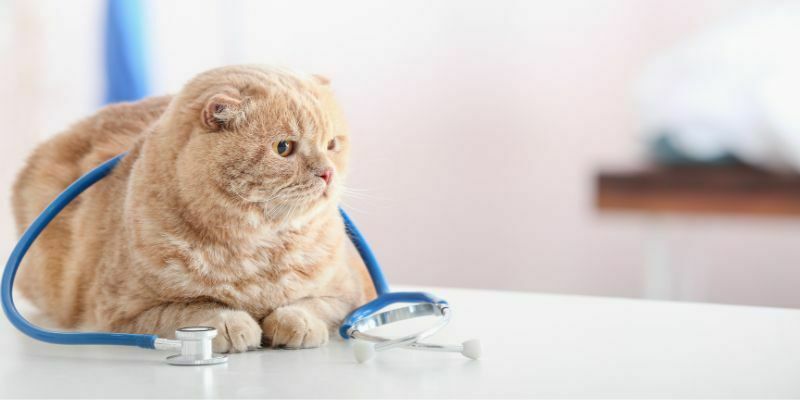Our caring staff are always happy to help unwell pets and worried pet owners. But did you know there are a couple of easy things you can do to assist your pet’s treatment as well?
Nominate the pet’s primary caregiver
If the pet’s primary caregiver brings them in for appointments, they are likely to be able to provide the most up-to-date history for the pet in regards to their current health, toileting, history of illnesses, and any current medications. This accurate information helps us to determine the most likely issues affecting your pet, and therefore the most appropriate treatment options.
Having a contact number for the nominated primary caregiver is also important if your pet is admitted to the clinic for a procedure or hospital care. If their condition changes and we need to discuss an altered treatment plan, we need to reach the “decision-maker” as quickly as possible without trying multiple numbers, especially if your pet is under anaesthetic or acutely unwell.
Bring samples (if appropriate)
If your pet is showing symptoms, such as diarrhoea or abnormal urination, bringing a sample of their faeces or urine along to the consultation for testing can assist us in making a rapid diagnosis.
If you live near the clinic, you’re welcome to pop in and pick up some urine or faecal sample containers to use. Otherwise, any watertight container (that’s been scrubbed clean with dishwashing detergent, rinsed well and dried) will do in a pinch! To collect urine from a cat, you will need to pick up some special non-absorbent litter from the clinic to help with the collection process.
Whilst these measures sound fairly simple, they can really help to streamline our diagnostic processes, enabling prompt treatment and a faster return to health for your pet!
Phone our helpful team if you have any further questions about improving your pet’s veterinary visits.

